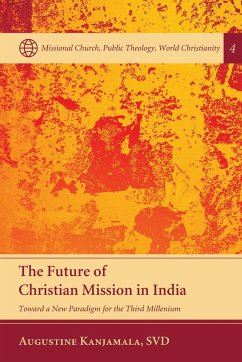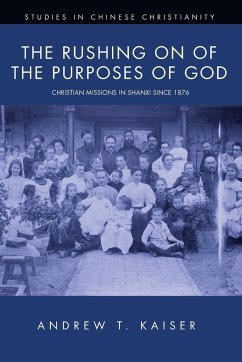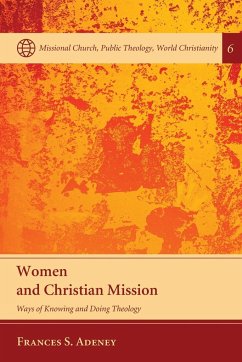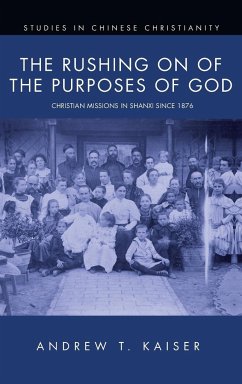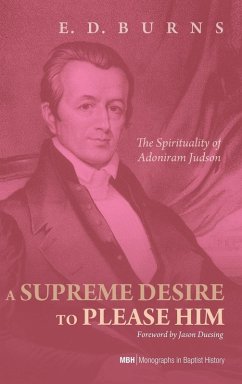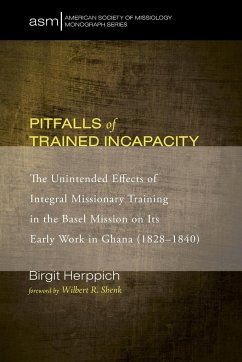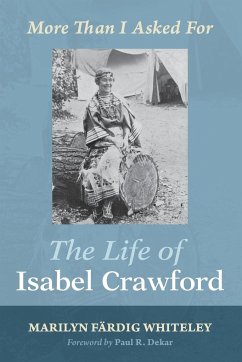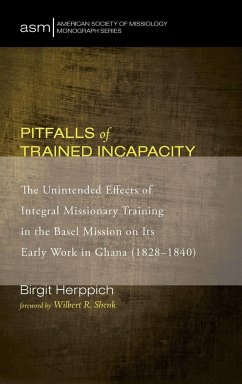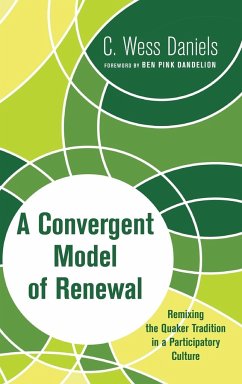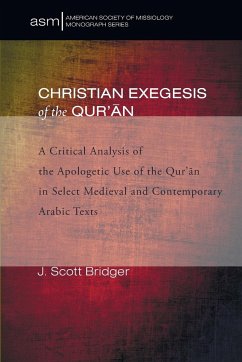
Christian Exegesis of the Qur'an

PAYBACK Punkte
12 °P sammeln!
Can Christians read biblical meaning into qur'¿nic texts? Does this violate the intent of those passages? What about making positive reference to the Qur'¿n in the context of an evangelistic presentation or defense of biblical doctrines? Does this imply that Christians accept the Muslim scripture as inspired? What about Christians who reside in the world of Islam and write their theology in the language of the Qur'¿n--Arabic? Is it legitimate for them to use the Qur'¿n in their explanations of the Christian faith? This book explores these questions and offers a biblically, theologically, a...
Can Christians read biblical meaning into qur'¿nic texts? Does this violate the intent of those passages? What about making positive reference to the Qur'¿n in the context of an evangelistic presentation or defense of biblical doctrines? Does this imply that Christians accept the Muslim scripture as inspired? What about Christians who reside in the world of Islam and write their theology in the language of the Qur'¿n--Arabic? Is it legitimate for them to use the Qur'¿n in their explanations of the Christian faith? This book explores these questions and offers a biblically, theologically, and historically informed response. For years evangelical Christians seeking answers to questions like these have turned to the history of Protestant Christian interaction with Muslim peoples. Few are aware of the cultural, intellectual, and theological achievements of Middle Eastern Christians who have resided in the world of Islam for fourteen centuries. Their works are a treasure-trove of riches for those investigating contemporary theological and missiological questions such as the apologetic use of the Qur'¿n.




